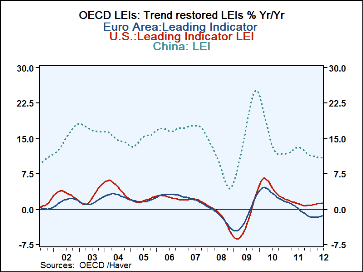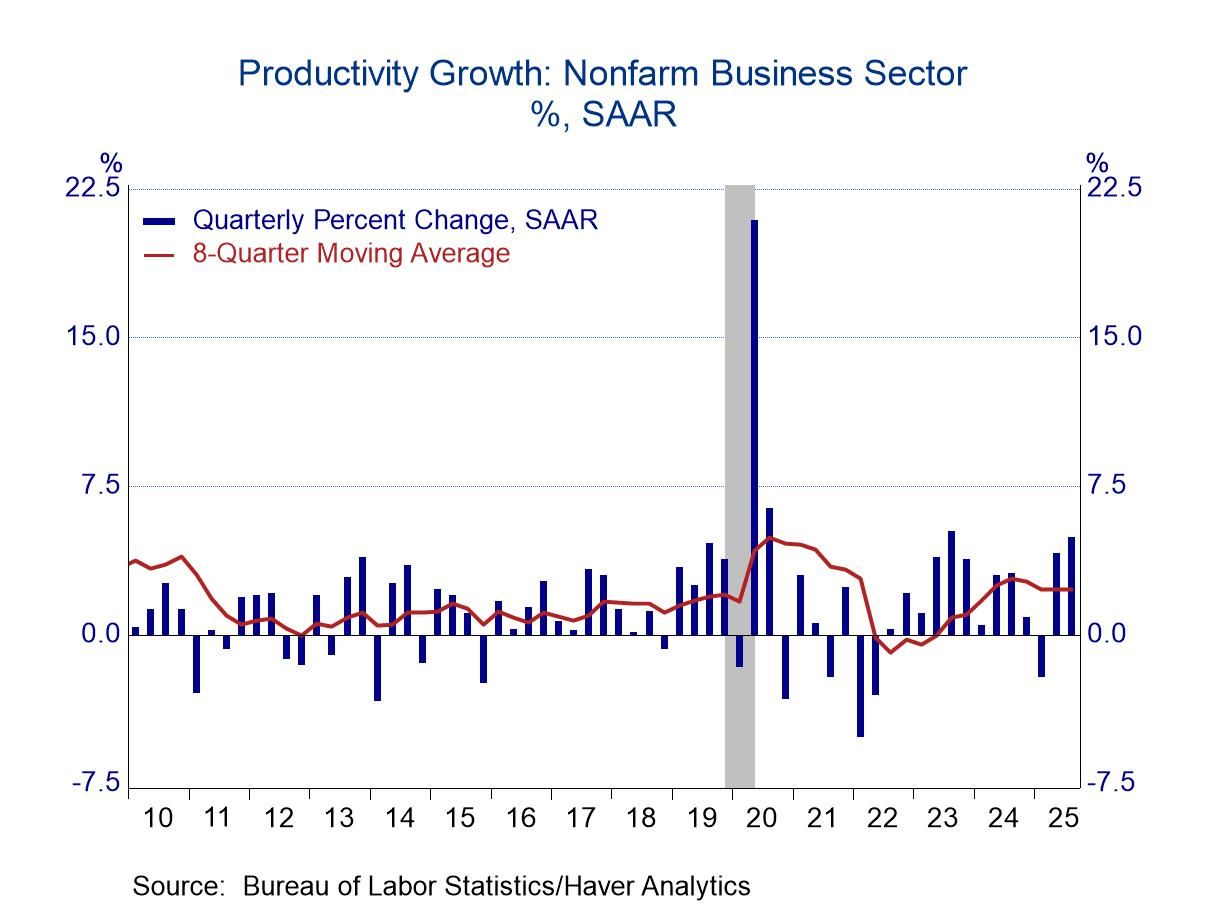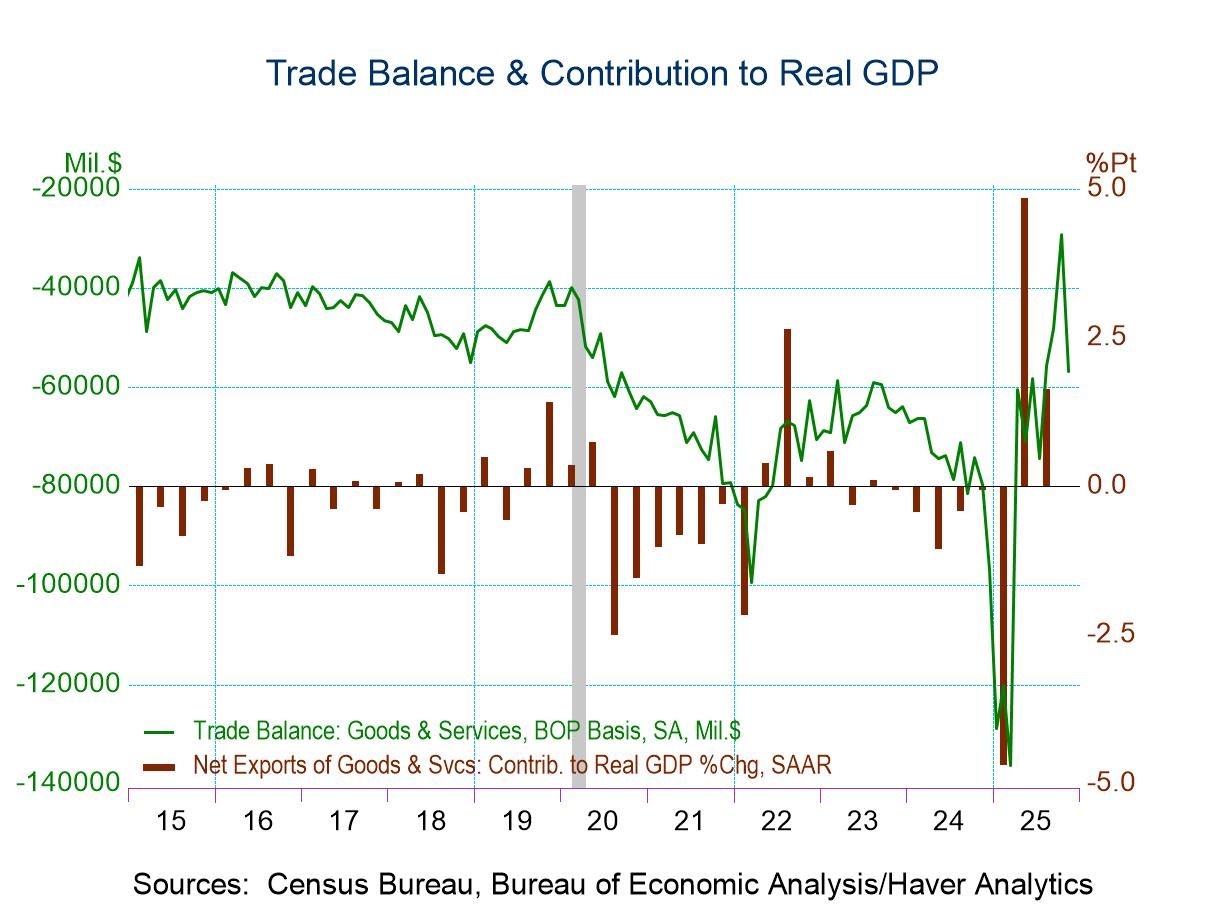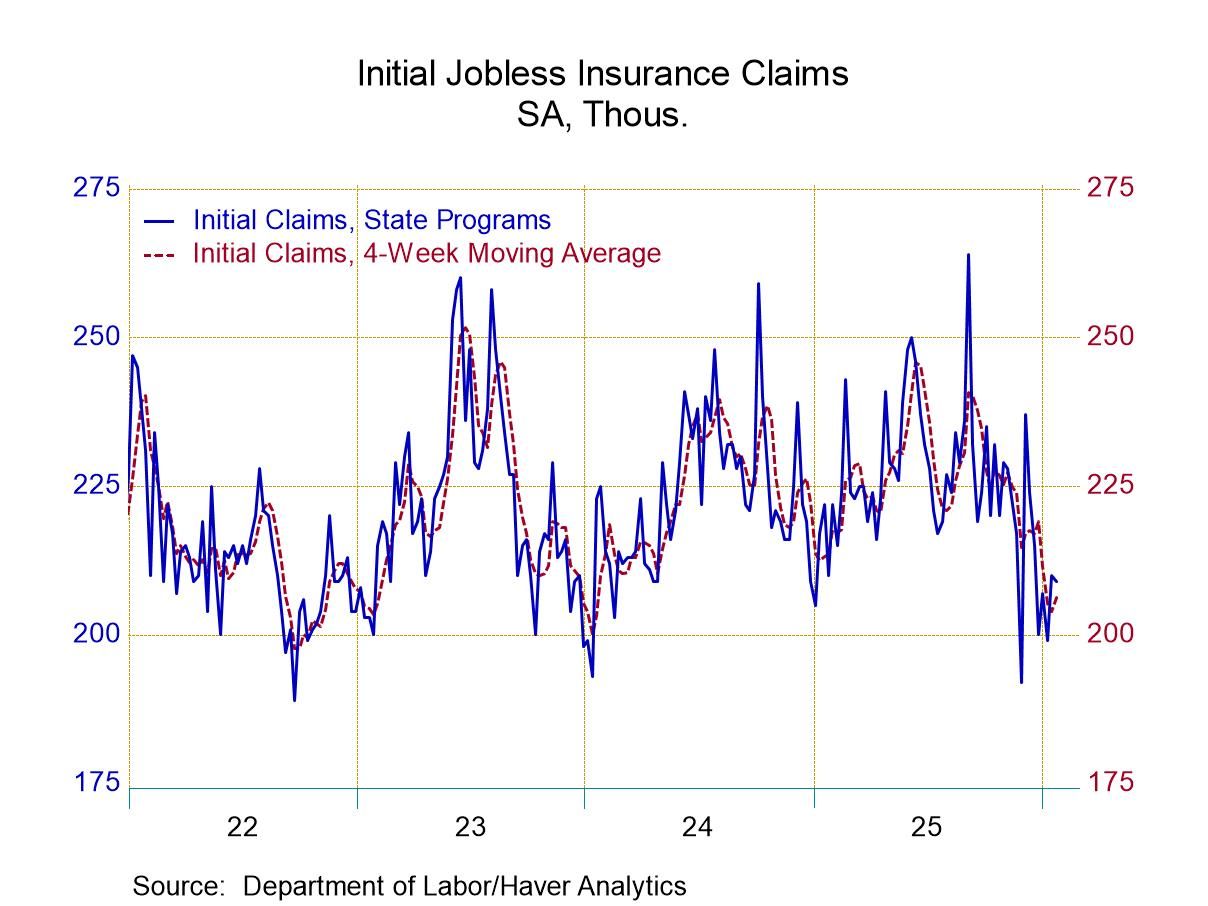 Global| Sep 13 2012
Global| Sep 13 2012OECD Sees Slowdowns
Summary
The OECD LEISs show slowdowns across most of EMU as well as for EMU itself. China is in "official" slowdown mode. The US escapes that designation as its reading is above 100. Still, the US measure has slipped a tick month-to month but [...]
 The OECD LEISs show slowdowns across most of EMU as well as for EMU itself. China is in "official" slowdown mode. The US escapes that designation as its reading is above 100. Still, the US measure has slipped a tick month-to month but it is barely below its three-month running level of 100.8 (at 100.7) and is still above its six-month ago value of 100.6. That's a very narrow range.
The OECD LEISs show slowdowns across most of EMU as well as for EMU itself. China is in "official" slowdown mode. The US escapes that designation as its reading is above 100. Still, the US measure has slipped a tick month-to month but it is barely below its three-month running level of 100.8 (at 100.7) and is still above its six-month ago value of 100.6. That's a very narrow range.
Spain is the only EMU nation we have listed in the table that is avoiding the slowdown designation but at 100.3 it is close to triggering that signal. Spain's reading has been decaying and its current level compares to 100.8 six months ago. Conditions in Spain along with the Rajoy government's unwillingness to undergo more conditionality in order to access the EMS fund make me skeptical about Spain's future.
Germany has the weakest reading among large countries in EMU. Greece although a clearly beleaguered economy is barely triggering the slowdown signal; but then the level of its index is very low and its trend is very deteriorated after its long period of erosion.
China's index shows much stronger growth overall which means when it is trend-adjusted it is being evaluated relative to a much stronger trend. It is the shortfall from trend that gives it the slowdown signal, not the level of the rate of growth.
The US index has had a slowdown and has picked back up in growth terms. In EMU, the slowdown is still progressing and yet the EMU LEI is curling back up but it's still below the 100 mark on the index and below the zero point on the growth rate chart.
China shows the impact of the global recession which hit it hard. But since then China's index has never gotten back to its pre-recession pace of growth. In the recession aftermath, following its growth rebound, China's LEI growth rate has faltered and it is in a clear state of growth decay. China is the clearest case of a slowdown in action.
There is not much that is optimistic in the LEI readings this month. Every region shows a slowing over a recent horizon even if it is not triggering an official slowdown signal. Still, there are surely enough of those to call for caution in the outlook.
| OECD Trend-Restored Leading Indicators | ||||||
|---|---|---|---|---|---|---|
| Ratios to Trend | ||||||
| Monthly | 6Mo Ago | 12Mo Ago | ||||
| Ratios to Trend | Jul-12 | Jun-12 | May-12 | Apr-12 | Jan-12 | Jul-11 |
| US | 100.7 | 100.8 | 100.8 | 100.8 | 100.6 | 100.1 |
| UK | 100.0 | 99.9 | 99.8 | 99.7 | 99.4 | 100.5 |
| Japan | 100.3 | 100.5 | 100.6 | 100.7 | 100.7 | 100.3 |
| EMU | 99.4 | 99.5 | 99.6 | 99.7 | 99.8 | 100.8 |
| Germany | 99.2 | 99.4 | 99.6 | 99.7 | 99.7 | 101.0 |
| France | 99.5 | 99.5 | 99.6 | 99.6 | 99.8 | 100.8 |
| Italy | 98.9 | 99.0 | 99.1 | 99.2 | 98.7 | 99.3 |
| Greece | 99.8 | 99.6 | 99.4 | 99.1 | 98.8 | 99.3 |
| Spain | 100.3 | 100.3 | 100.4 | 100.6 | 100.8 | 100.7 |
| China | 99.5 | 99.5 | 99.6 | 99.6 | 100.0 | 100.5 |
| Slowdowns indicated by RED | ||||||
Robert Brusca
AuthorMore in Author Profile »Robert A. Brusca is Chief Economist of Fact and Opinion Economics, a consulting firm he founded in Manhattan. He has been an economist on Wall Street for over 25 years. He has visited central banking and large institutional clients in over 30 countries in his career as an economist. Mr. Brusca was a Divisional Research Chief at the Federal Reserve Bank of NY (Chief of the International Financial markets Division), a Fed Watcher at Irving Trust and Chief Economist at Nikko Securities International. He is widely quoted and appears in various media. Mr. Brusca holds an MA and Ph.D. in economics from Michigan State University and a BA in Economics from the University of Michigan. His research pursues his strong interests in non aligned policy economics as well as international economics. FAO Economics’ research targets investors to assist them in making better investment decisions in stocks, bonds and in a variety of international assets. The company does not manage money and has no conflicts in giving economic advice.






